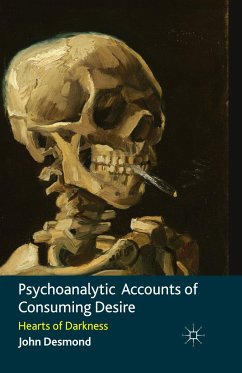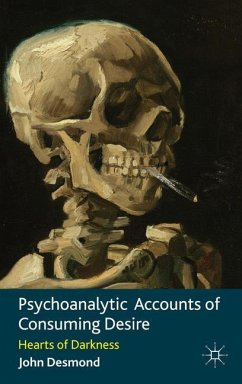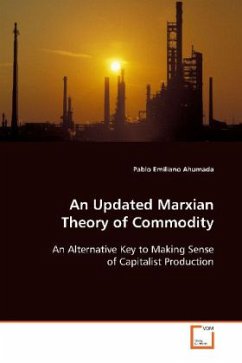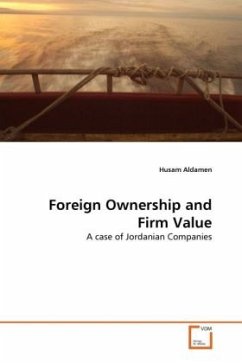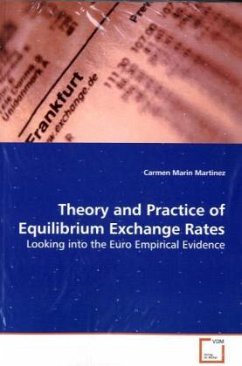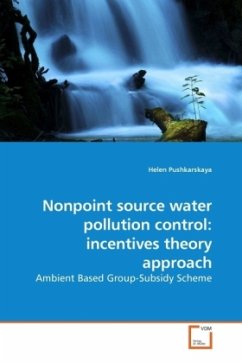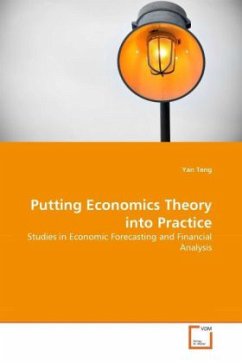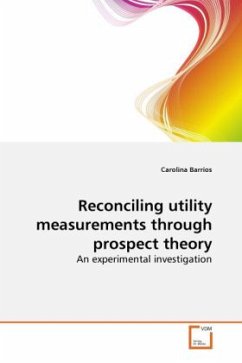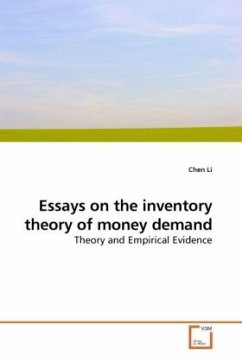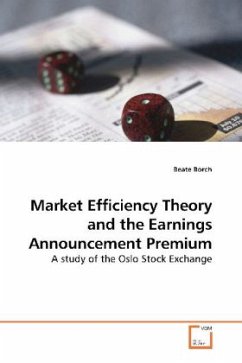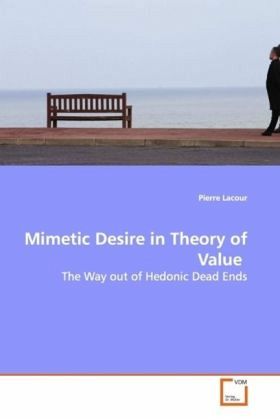
Mimetic Desire in Theory of Value
The Way out of Hedonic Dead Ends
Versandkostenfrei!
Versandfertig in 6-10 Tagen
38,99 €
inkl. MwSt.

PAYBACK Punkte
19 °P sammeln!
Modern psychology is pioneering the return ofhedonism into choice theory. With this comeback ofhedonism, the dialogue between economics andpsychology loops a loop that originates in themarginal revolution, more than a century ago. Theneconomists inspired by advances in psychology wereleading the charge against hedonism spoiling marginalutility theory. This book starts with a reexaminationof the old hedonic critique. Why did utility theorythroughout its history try to eradicate the flawsstressed by the critique? To what extent would it notapply to a utility theory reshaped along the lines ofKah...
Modern psychology is pioneering the return of
hedonism into choice theory. With this comeback of
hedonism, the dialogue between economics and
psychology loops a loop that originates in the
marginal revolution, more than a century ago. Then
economists inspired by advances in psychology were
leading the charge against hedonism spoiling marginal
utility theory. This book starts with a reexamination
of the old hedonic critique. Why did utility theory
throughout its history try to eradicate the flaws
stressed by the critique? To what extent would it not
apply to a utility theory reshaped along the lines of
Kahneman s well-being psychology or Ainslie s
picoeconomics?
This book shows that old and new hedonism are
inherently the same: a hydra with two heads, pleasure
as the end, and its behavioral consequence,
maximizing. The way out of hedonism requires getting
rid of both, along with utility. This is achieved in
René Girard s theory of mimetic desire, where the
utility concept does not have relevance. The book
explores breaches that this theory allows in choice
theory and in the theory of competition. It ends with
an exploration of intentions in an experiment on
trust and reciprocity.
hedonism into choice theory. With this comeback of
hedonism, the dialogue between economics and
psychology loops a loop that originates in the
marginal revolution, more than a century ago. Then
economists inspired by advances in psychology were
leading the charge against hedonism spoiling marginal
utility theory. This book starts with a reexamination
of the old hedonic critique. Why did utility theory
throughout its history try to eradicate the flaws
stressed by the critique? To what extent would it not
apply to a utility theory reshaped along the lines of
Kahneman s well-being psychology or Ainslie s
picoeconomics?
This book shows that old and new hedonism are
inherently the same: a hydra with two heads, pleasure
as the end, and its behavioral consequence,
maximizing. The way out of hedonism requires getting
rid of both, along with utility. This is achieved in
René Girard s theory of mimetic desire, where the
utility concept does not have relevance. The book
explores breaches that this theory allows in choice
theory and in the theory of competition. It ends with
an exploration of intentions in an experiment on
trust and reciprocity.



